Is Polyglot Culture Understanding A Few Words Overheard In A Conversation In A Language You’ve Never
is polyglot culture understanding a few words overheard in a conversation in a language you’ve never studied before between strangers in a public place because they speak a language that is from the same language family as a language you study and feeling a m a z i n g about it ?
More Posts from Eto-ena and Others

Дайте человеку хлеб - и он сыт весь день (Give a man bread and he's full all day long)
Дайте человеку арбуз - и он ссыт всю ночь (Give a man watermelon and he pisses all night)
There is a pun here, the two words sound absolutely the same: - сыт - is full. - ссыт - pisses This is what makes it very funny in Russian.
Vocabulary: сытый (short form: сыт, сыта, сыты) - to be full ссать - to piss (colloquial)

Me in a restaurant
Waiter: here's your glass Me: oh, thank you Waiter: *puts the glass down* Me: thank you Waiter: *fills the glass with water* Me: thank you Waiter: I'll bring your order soon Me: thank you
tag yourself

LOOK AT THESE KITTENS!

greedy-guts

meany

idler

crybaby

untidy

little thief

coward

Tell me, does anyone of you resemble these kittens?
Dmitri Prigov’s visual poetry
Dmitri Prigov (1940-2007) was a Russian conceptual poet, artist, and dissident. One of the things he is famous for is his стихограммы (стих ‘poem’ + грамма (’gram’, a part of words like phonogram or program, from Greek γράμμα ‘recording’))
I don’t understand much about poetry, and probably neither do you, but I mean look at that

Как я весел! Как я мил! – How cheerful I am! How nice I am! Смерть рядом – Death is near

Ин вино веритас – ‘In vino veritas’ (Latin), In wine there is truth А в пиве что? – And what’s there in beer?

В начале было слово, и слово было у Бога, и слово было Бог (сentral circle) – In the beginning was the Word, and the Word was with God, and the Word was God И свет во тьме светит – And the light shines in the darkness

Если враг не сдается, его уничтожают – If the enemy does not surrender, he must be destroyed Нет – No Враг – Enemy

И восстанут они все из могил своих, и призовут нас всех к ответу – And then they will all rise up from their graves and bring us all to justice

— Why do you always put parentheses in messages? — I feel more comfortable with them)) — What do you mean? — Parentheses look like they are hugging words and they become kinder))
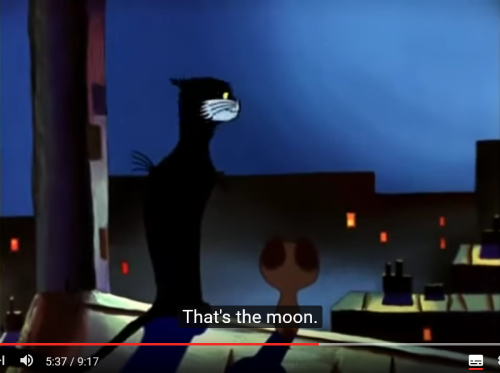


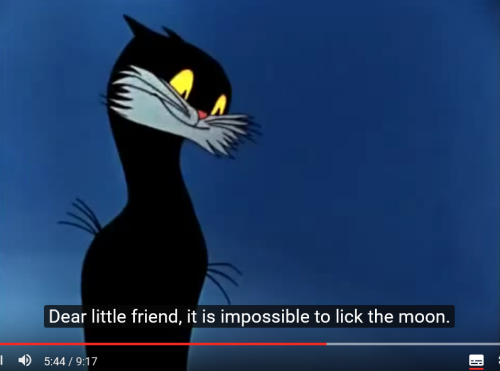


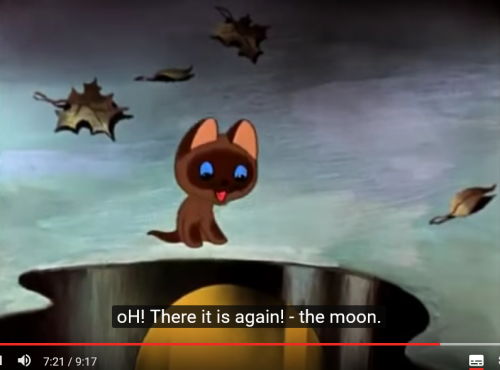
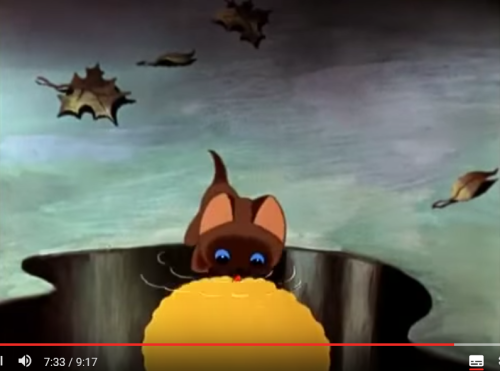

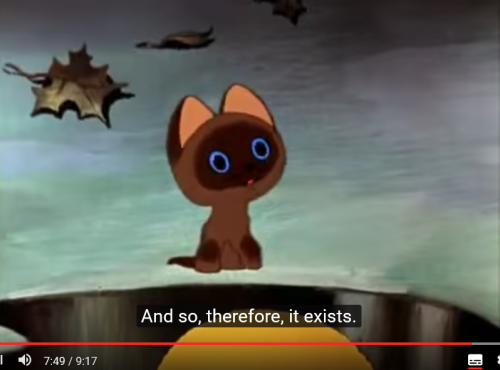
RUSSIAN TEA VOCAB/ ALL THE NUANCES EXPLAINED

ча́й - the drink itself and a product in the store
ча́йная зава́рка or simply зава́рка - dry tea leaves in the packaging
ча́йный паке́тик - teabag
крупнолистово́й чай - whole-leave grade of tea
чаи́нка (the plural form чаи́нки is more common since usually there is more than one of them in your tea) - fannings, wet pieces of tea leaves or tea dust which fell into the tea
де́лать чай - to make tea. The construction is widely used and describes the process of making tea from any tea product i.e. leaves, tea bags.
ста́вить ча́йник - put on a kettle It is not common to say включи́ть чайник
поста́вь ча́йник = поста́вь во́ду - boil some water in kettle (usually for the tea)
я уже́ поста́вила ча́йник, ско́ро бу́дем пи́ть чай - I’ve already put the kettle on, we’ll have tea soon
зава́ривать (чай) - to brew. One of the steps of the process of tea making (usually from whole-leave grades of tea) when tea leaves are poured with hot water and left for a few minutes in the teapot. The process requires time as tea leaves need time to release natural chemicals. When it is happening the Russians say чай зава́ривается, i.e. the tea is being brewed.
зава́ривать ка́шу (to cook kasha) = to cause a situation that brings about troublesome or unpleasant consequences ну и ка́шу же ты завари́л! - what a mess you’ve made!
but! вари́ть ка́шу = to cook kasha
наста́ивать (чай) - to infuse. The idea of the process of настаивание is to wait longer than usual so the taste becomes strong enough. This verb can be used to explain the same process while preparing herbal teas and infusions.
Remember that this verb has two meanings!!! наста́ивать - to insist
подожди́, чай ещё не завари́лся = подожди́, чай ещё не настоя́лся - wait, the tea is not brewed yet
остужа́ть (чай) - to cool the tea down
электри́ческий чайник/электроча́йник - electric kettle
зава́рочный ча́йник - teapot
ча́шка = кру́жка - cup/mug traditionally ча́шка is the elegant cup with a special design, usually a part of a tea set. Кру́жка (mug) usually has a shape of a cylinder and larger than a regular cup. Now the differences are almost forgotten so you can use any word of your choice when you talk about tableware. But! It is always ча́шка/ча́шечка чая - a cup of tea
блю́дце - saucer
ча́йная ло́жка - teaspoon
ча́йный серви́з - tea set
моло́чник - milk jug
са́харница - sugar bowl
чай с са́харом (мёдом, варе́ньем, молоко́м, лимо́ном) - tea with sugar (honey, jam, milk, lemon)
#russian
The raddest Russian cat meme of 2021:
- Are you selling the fishes?
- No, just showing them.
- They are nice…

And some of its derivatives:
- Are you selling the fishes?
- No, just showing them.
- Oh fucking wow, they’re just showing them.

- Are you showing the fishes?
- No, I’m selling them.
- It is illegal.

- Hello, are you selling these fishes????
- They are cucumberz.

[FISH SHOP]
- Are you selling the fishes?
- No.

Life with Fishes VS Life without Fishes

Her: he’s probably thinking about other girls.
Him: why did he say that about the fishes? is he really not selling them? why is he showing them? was this a joke? was he making fun of the cats? because he knows that cats don’t have any money?

[I felt very sad about that meme with cats and fish, so I decided to make an alternative version]:
- Are you selling the fishes?
- Yes, but you, kitties, can have them for free.
- They are tasty…

The magic of the language...

Russian Idiom: как не знаю кто
Как не знаю кто often cannot be translated directly. It is an idiom meaning “to the extreme degree, too much”. “Я не знаю кто”, literally, I don’t know who, implies that any comparisons with other people or other events would be too weak, too pale. “I don’t know who could be as [something] as you are now”
Here are a few examples for you (thanks, Reverso Context) :
Эти девушки смотрели на тебя как не знаю кто. These girls have been lookin’ at you like I don’t know what.
Нет, я еду домой, вымотался как не знаю кто. No, I’m going home. I’m completely soaked.
Надевает наушники и радуется, как не знаю кто. He’s listening on his headsets, happy as a clam.
Ты пьяна как не знаю кто. You’re really drunk.
Воевали как я не знаю кто, чтобы сделать это. You have fought through hell to do so.
-
 ravenofsheffield reblogged this · 3 years ago
ravenofsheffield reblogged this · 3 years ago -
 burningstudentempathsalad liked this · 4 years ago
burningstudentempathsalad liked this · 4 years ago -
 alikeanxiety liked this · 4 years ago
alikeanxiety liked this · 4 years ago -
 ephemere-immortel liked this · 4 years ago
ephemere-immortel liked this · 4 years ago -
 puppy-faggot liked this · 4 years ago
puppy-faggot liked this · 4 years ago -
 sheherazade2150 liked this · 4 years ago
sheherazade2150 liked this · 4 years ago -
 theuniverseisonmyside reblogged this · 5 years ago
theuniverseisonmyside reblogged this · 5 years ago -
 gas-station-clown liked this · 5 years ago
gas-station-clown liked this · 5 years ago -
 brieflie liked this · 5 years ago
brieflie liked this · 5 years ago -
 vitaliyblr liked this · 5 years ago
vitaliyblr liked this · 5 years ago -
 ultramilous liked this · 5 years ago
ultramilous liked this · 5 years ago -
 sushisocks liked this · 5 years ago
sushisocks liked this · 5 years ago -
 gaybaozi reblogged this · 5 years ago
gaybaozi reblogged this · 5 years ago -
 capriciousskygazer reblogged this · 5 years ago
capriciousskygazer reblogged this · 5 years ago -
 capriciousskygazer liked this · 5 years ago
capriciousskygazer liked this · 5 years ago -
 averagemartian reblogged this · 5 years ago
averagemartian reblogged this · 5 years ago -
 jacobaco reblogged this · 5 years ago
jacobaco reblogged this · 5 years ago -
 unsociallmothball liked this · 5 years ago
unsociallmothball liked this · 5 years ago -
 jemagidiomas liked this · 5 years ago
jemagidiomas liked this · 5 years ago -
 giuliaisstudying reblogged this · 5 years ago
giuliaisstudying reblogged this · 5 years ago -
 ladydearny-blog liked this · 5 years ago
ladydearny-blog liked this · 5 years ago -
 writemywalks liked this · 5 years ago
writemywalks liked this · 5 years ago -
 onigiray liked this · 5 years ago
onigiray liked this · 5 years ago -
 jade-always reblogged this · 5 years ago
jade-always reblogged this · 5 years ago -
 venomfucker liked this · 5 years ago
venomfucker liked this · 5 years ago -
 languageyearning liked this · 5 years ago
languageyearning liked this · 5 years ago -
 airplanelanding liked this · 5 years ago
airplanelanding liked this · 5 years ago -
 bluezephyrrr liked this · 5 years ago
bluezephyrrr liked this · 5 years ago -
 hedonismo-y-futbol liked this · 5 years ago
hedonismo-y-futbol liked this · 5 years ago -
 goodiebluebox liked this · 5 years ago
goodiebluebox liked this · 5 years ago -
 edmiar liked this · 5 years ago
edmiar liked this · 5 years ago -
 giuliaisstudying reblogged this · 5 years ago
giuliaisstudying reblogged this · 5 years ago -
 langlearner22-blog liked this · 5 years ago
langlearner22-blog liked this · 5 years ago -
 daisyrosekitty liked this · 5 years ago
daisyrosekitty liked this · 5 years ago -
 blanketreader-blog liked this · 5 years ago
blanketreader-blog liked this · 5 years ago -
 julietspaff liked this · 5 years ago
julietspaff liked this · 5 years ago -
 ionlypostwhensleepdeprived-blog liked this · 5 years ago
ionlypostwhensleepdeprived-blog liked this · 5 years ago -
 magicspacerainbows liked this · 5 years ago
magicspacerainbows liked this · 5 years ago -
 ad-lucem-et-amor liked this · 5 years ago
ad-lucem-et-amor liked this · 5 years ago

actually, we don't call it russian, we simply call it cheeki-breeki
106 posts